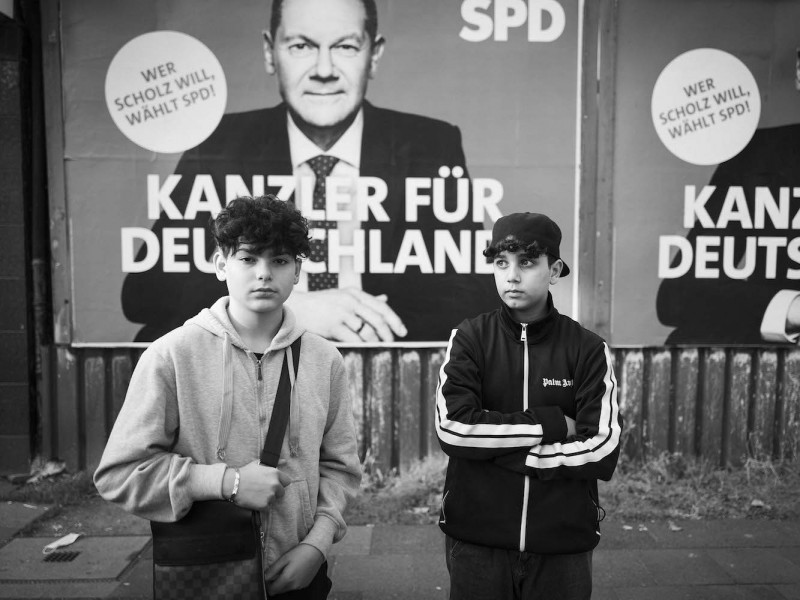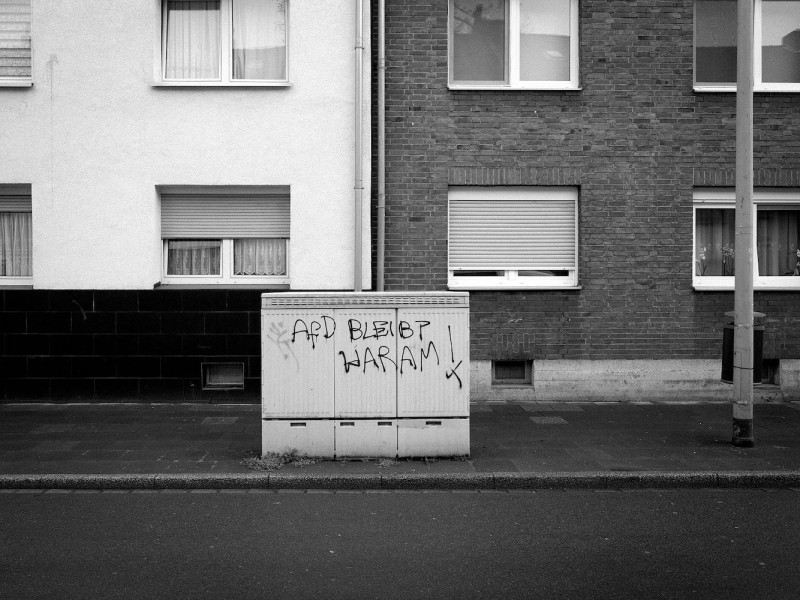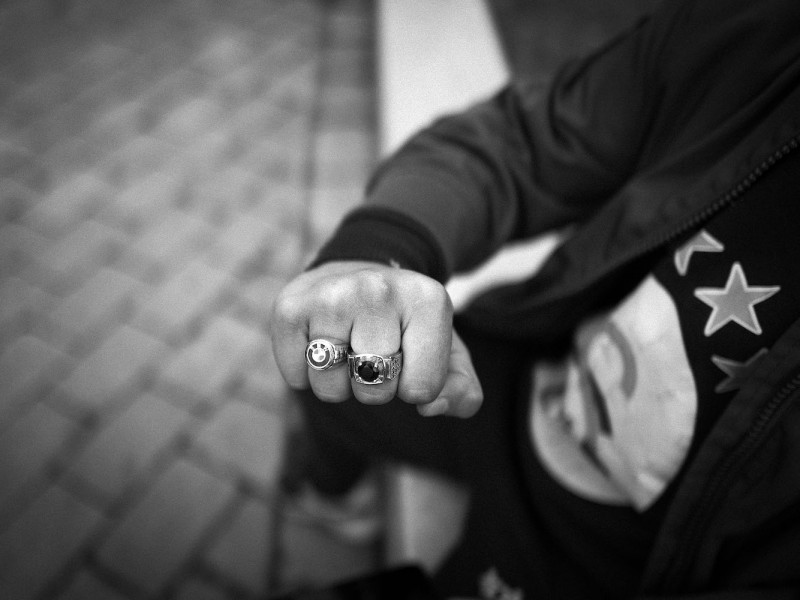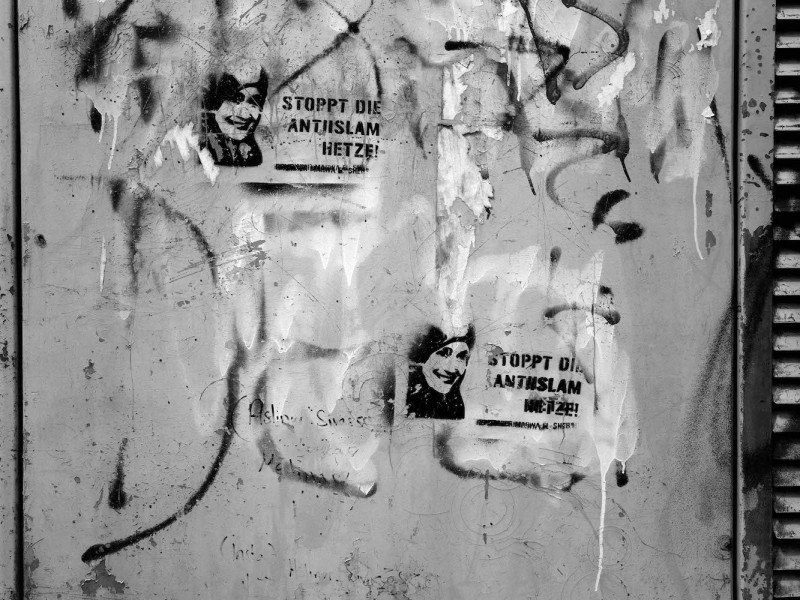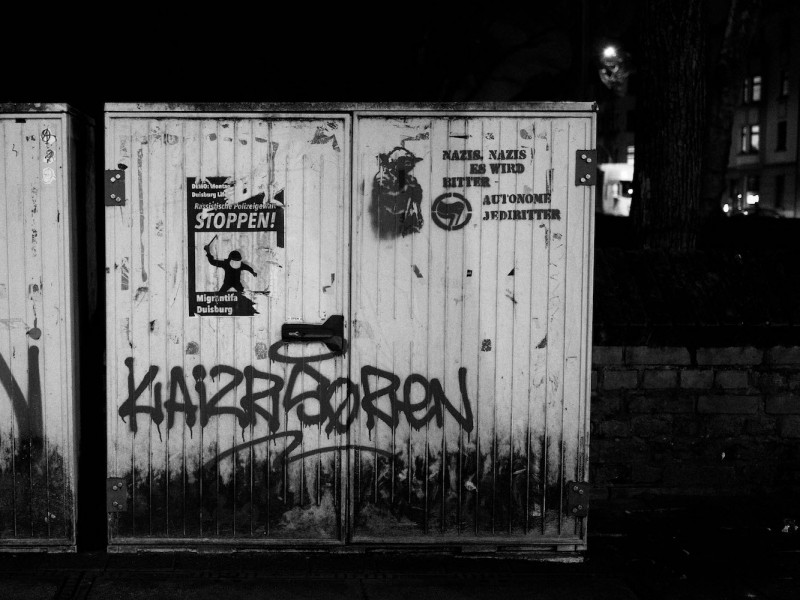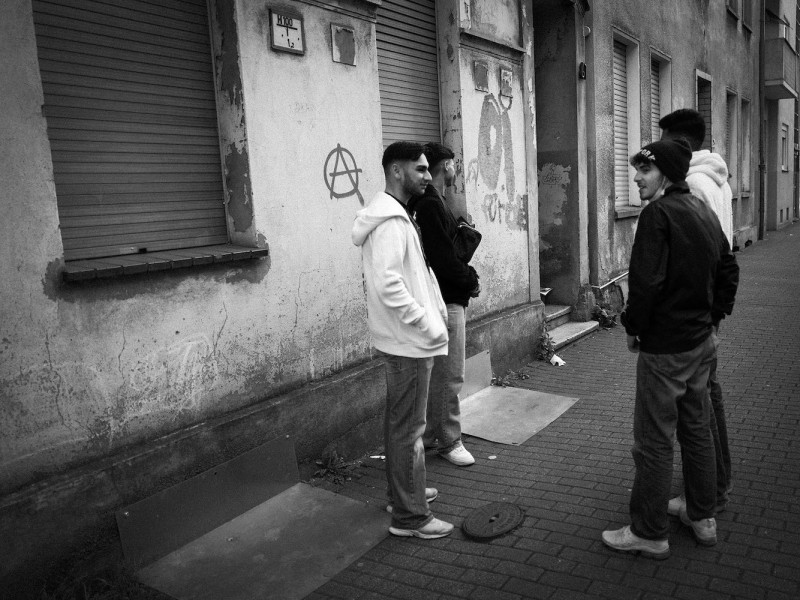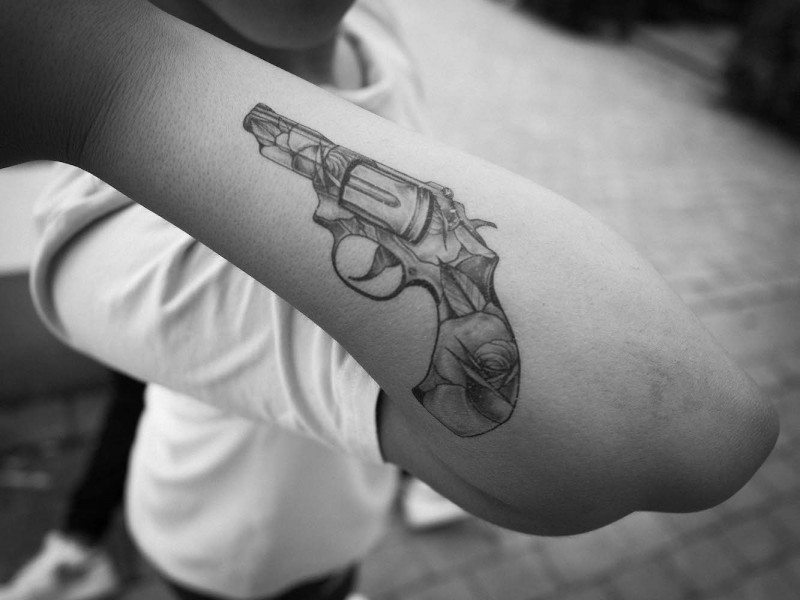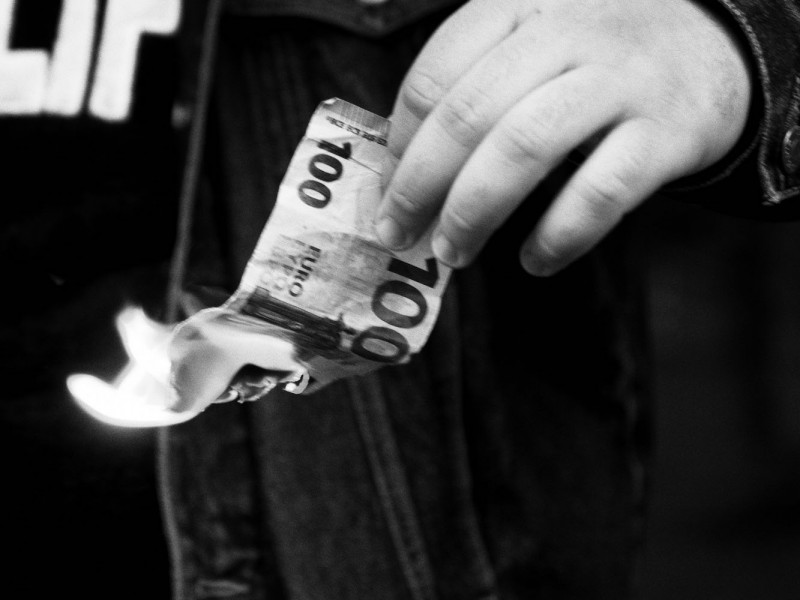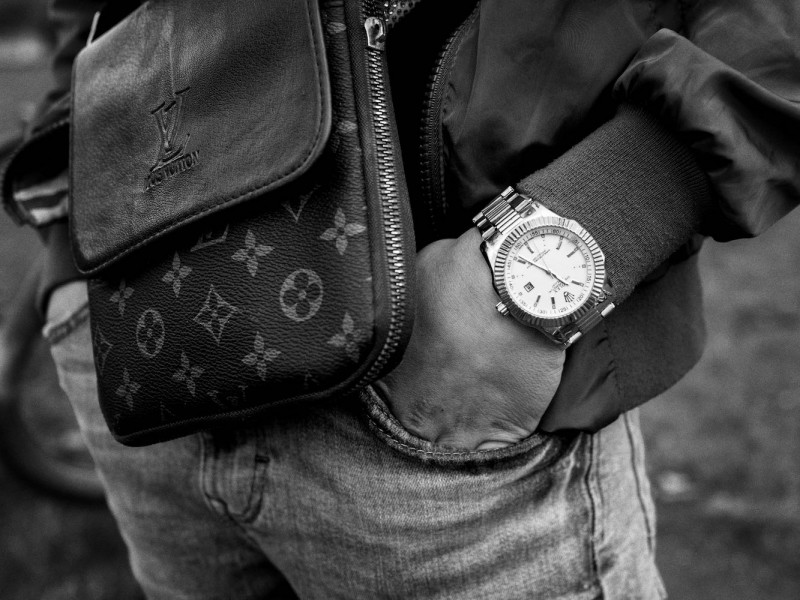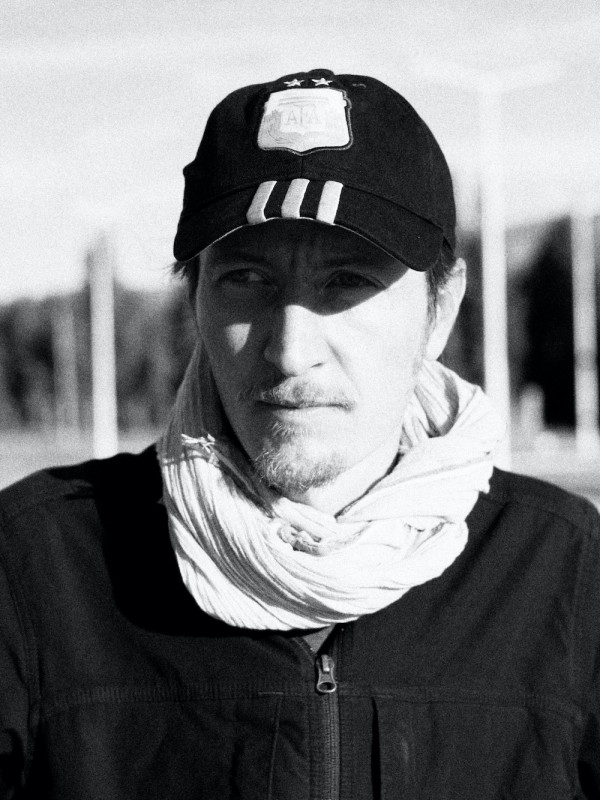#053kids
#053kids
Toby Binder
February 28, 2022
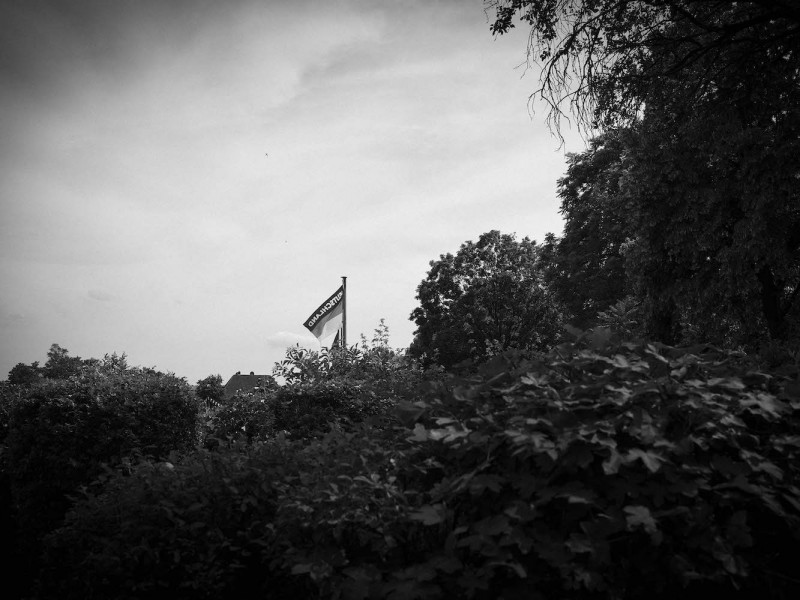
LFI: Your earlier projects have dealt intensively with the living conditions of young people: the 'Wee Muckers – Youth of Belfast' project, which appeared as a book in 2019, focussed on youths in Belfast who were caught between peace treaty and Brexit. Your The 'New Law & Child Labour' in Bolivia series depicted the lives of child labourers in Central Latin America. Where does your interest in how teenagers grow up come from?
On the one hand, of course, it's because young people are often at a crucial juncture in their lives; things can go in any direction. On the other hand, they are often under-represented in the way decisions that affect their daily lives are made, including opportunities for their future. Above all, I am concerned that in socially disadvantaged settings, the way ahead often seems predetermined, and it's hard to get around it. That is totally unacceptable.
What is it that touches you most?
While working on all these projects – whether in Bolivia, in Belfast, or now in Duisburg – I met so many young people who have potential and the right to determine their own lives. However, virtually all of them are stigmatised, marginalised and disadvantaged. Those who live in their own social bubbles really can't imagine how hard it is to grow up in city districts like Hochfeld; how many obstacles lie in the way; and how unequal it can still be, even though growing up in a rich country, such as Germany.
How did you come to consider Duisburg-Hochfeld as the subject for your social study?
In places like that, more than every second under-aged person lives in poverty. During the pandemic, it was especially the young people from socially disadvantaged neighbourhoods who suffered from the lockdown measures. I see Hochfeld as representative of a society that is drifting apart. The richest people living in Germany dispose of over 30 percent of their wealth. Meanwhile, in Hochfeld, half the children grow up in poverty. 93% of those under 18 have a migrant background: and, even though many were born here, speak the local dialect, and only know their parents' homeland from the holidays, they don't see themselves as German; they feel neither accepted nor integrated.
Within the framework of your #053 kids series, you shed light on questions of identity, and how it is created. To what extent does it become political?
In addition to a lot of Antifa graffiti, it's amazing how many German flags are seen – either as signs of desired integration, or as a demarcation for the last remaining original Hochfeld inhabitants; in other words, those older people who stop by the kiosks every day, and who have to struggle with the decline of the district, just as much as the young people struggle with the lack of prospects in the neighbourhood. Hochfeld, which lies squashed between the city centre, the red-light district and industry on the Rhine, has always had to battle with high degrees of criminality: bands of rockers, Arab clans, and Mafioso structures control the drug trade and prostitution; and there is often violence on the open streets. It's difficult for young people to grow up there. Many want to leave the district and fight hard for apprenticeships, promotion opportunities and recognition. They get support from youth centres, teachers and street workers. At the same time, they are constantly faced with the apparent glamour and quick money that comes with life as a gangster. (Interview: Carla Susanne Erdmann)
All images on this page: © Toby Binder
Equipment: Leica Q2, Summilux 28 f/1.7 Asph.
Find out more about Toby Binder's photographic project in LFI magazine 02/22.
Toby Binder+-
Born in Esslingen in 1977, Binder studied Graphic Design with an emphasis on Photography, at the State Academy of Fine Arts in Stuttgart. His focus lies on social studies in disadvantaged areas in Germany and abroad. He was nominated for the Nannen Prize 2017, and received the Felix Schoeller Photo Award 2019, among others. His work has been published in Stern, The Guardian, The Washington Post, Le Monde and the Neue Zürcher newspaper. In March 2019, his photo book Wee Muckers – Youth of Belfast was published by Kehrer Verlag. More

